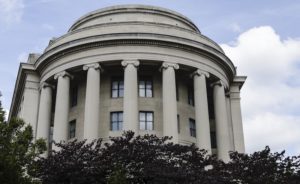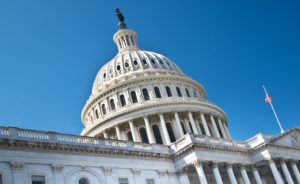Medicare and Chevron in the Supreme Court’s New Term
With two Medicare cases, the U.S. Supreme Court may change an important rule on deference to agency decisions.
Empathy in an Automated State
Increased use of artificial intelligence in public administration calls for efforts to give government a human touch.
“Rollback Whiplash” and a Two-Year Presidency
Scholars argue that rollback tools mean Presidents must act fast to implement lasting policy.
Mass Comments’ Opportunity Costs
What is lost when those with something to say join the mass comments bandwagon?
Democracy, Rulemaking, and Outpourings of Comments
Scholars and policymakers should recognize the democratic benefits of public comments.
Managing Mass Comment “Supply” by Reducing “Demand”
Alternative agency outreach methods can garner useful feedback and reduce pressure on the notice and comment process.
Robots Reviewing Agency Rules
Scholar warns that using artificial intelligence to revise agency rules may compromise democratic ideals.
Mass Comments Should Be Discouraged
ACUS should discourage the submission of mass comments in the notice and comment rulemaking process.
Preventing Mass Comment Wars
Agencies can welcome public participation while discouraging the submission of mass comments.
Mass Comments and the Revival of Apolitical Expertise
Mass comments policy should consider agencies’ roles as apolitical policymakers.
Mass Comments in Administrative Rulemaking
Experts consider the value of mass comment campaigns during notice-and-comment rulemaking.
Rejecting Two-Faced Explanations by Agencies
Scholar argues that recent Supreme Court decisions create a new vision of agency accountability to the public.












